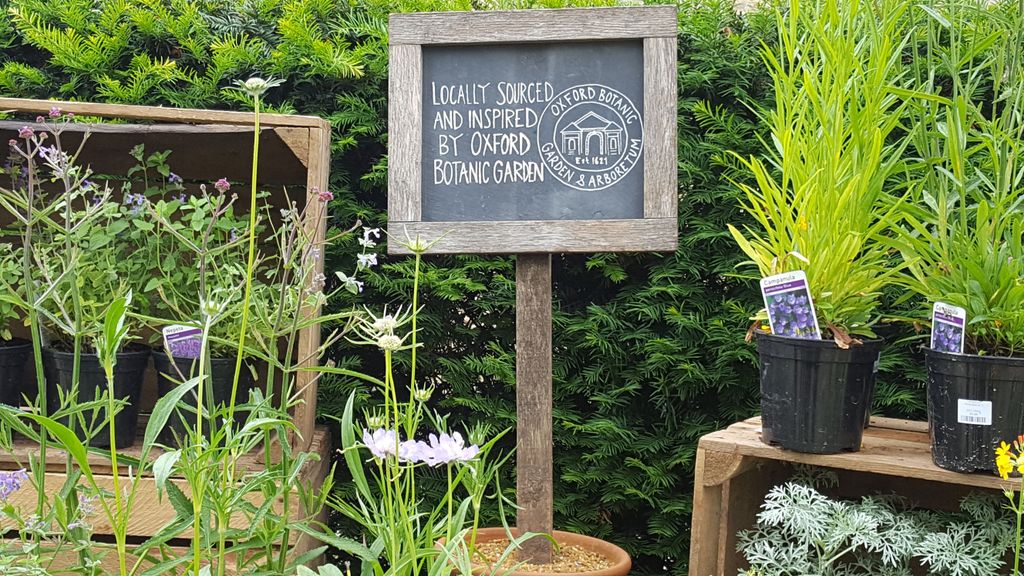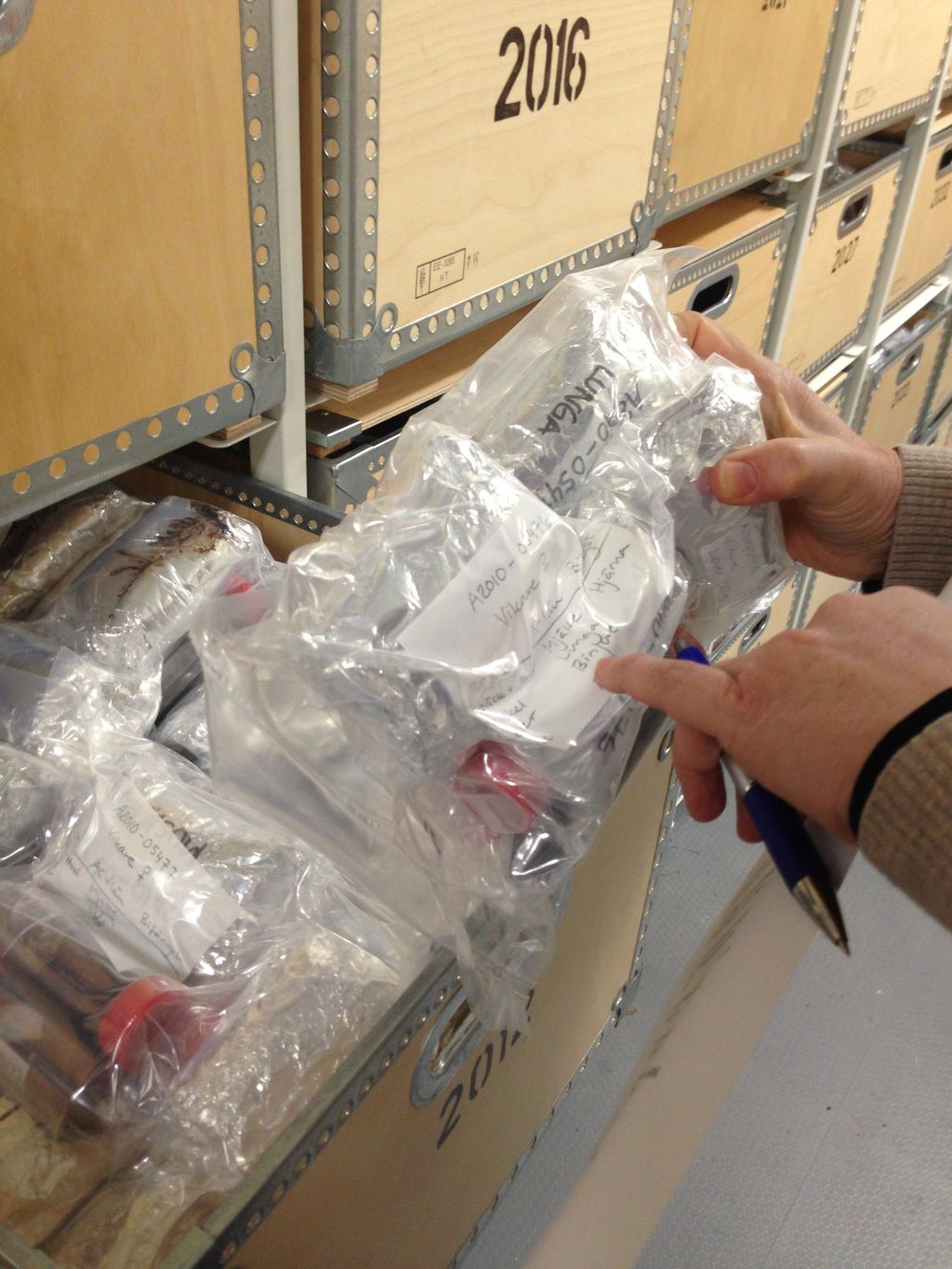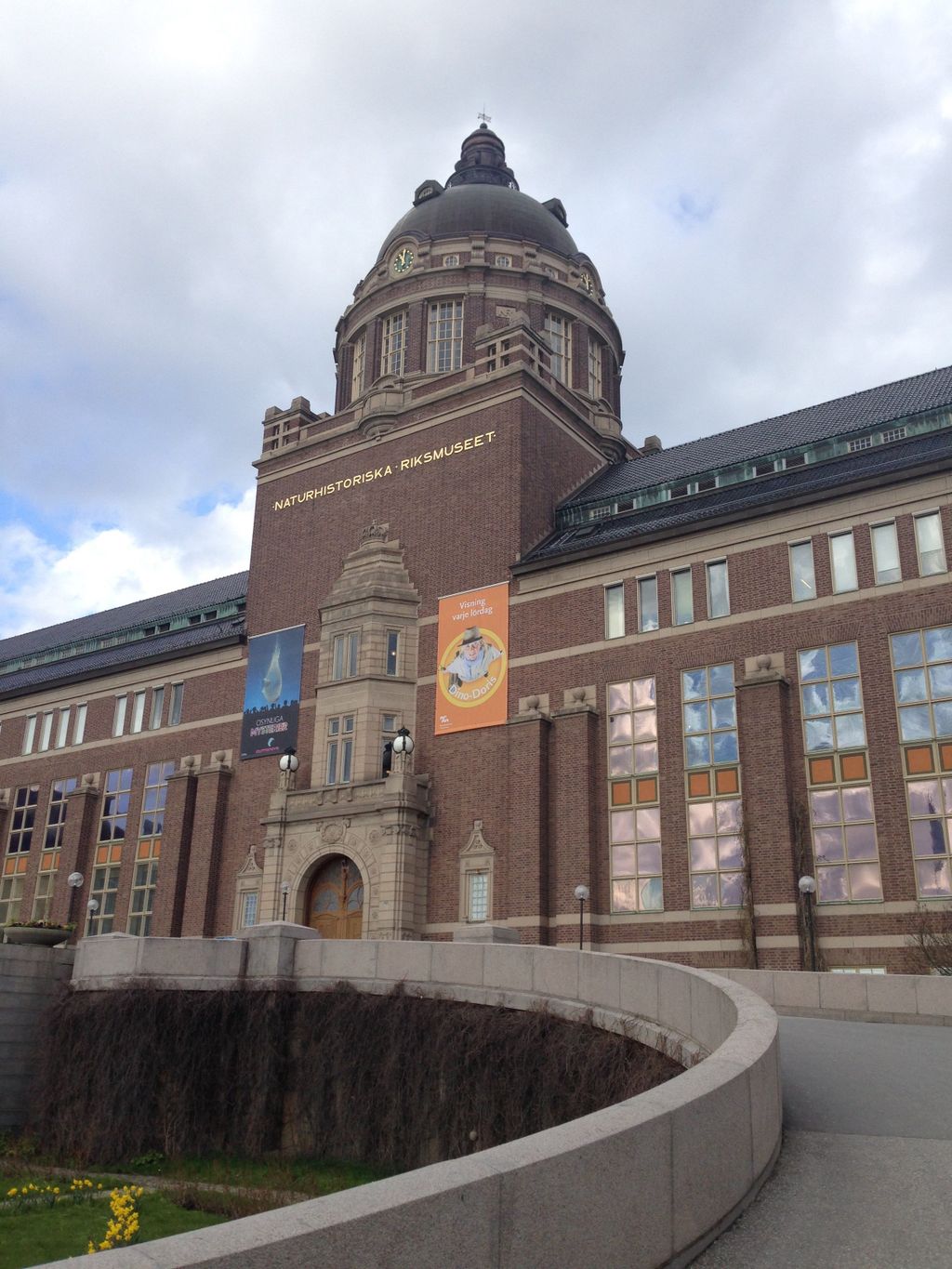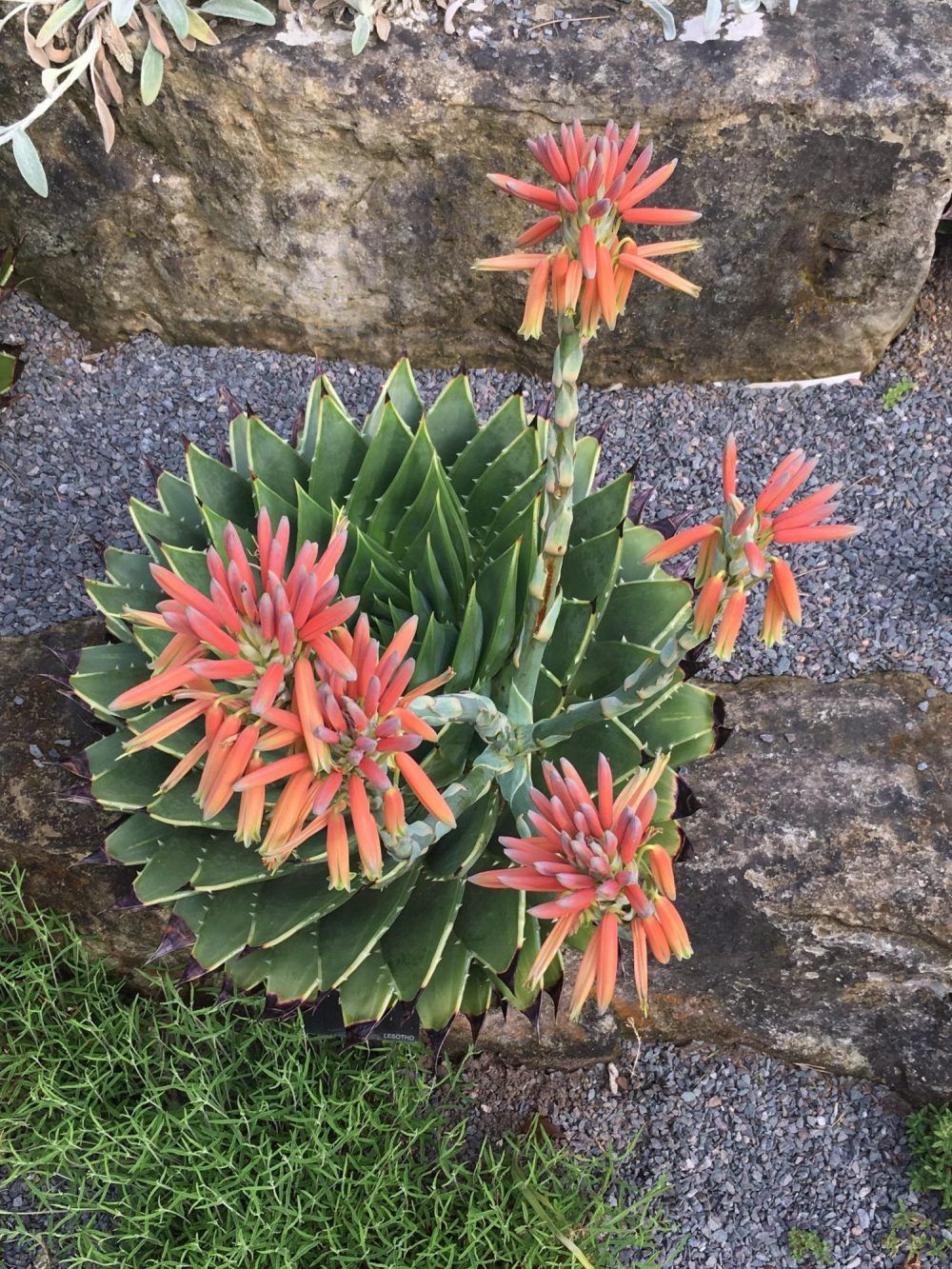Implementing ABS at Oxford University

-
Region
Global -
Country
United Kingdom -
Topic
Policy and Advocacy -
Type
Case Study
ABS implementation for plant science and collections
Prepared by: Stephen A. Harris and Kate Pritchard, The University of Oxford Department of Plant Sciences and Botanic Garden and Arboretum.
The Oxford University website sets out the legal obligation for its individual academics and researchers to comply with the Nagoya Protocol, the EU Regulation (EU 511/2014) and the UK Nagoya Protocol (Compliance) Regulations 2015. The website also provides a list of steps to follow to access material subject to the Nagoya Protocol and EU and UK regulations, and describes ‘touch points’ in the research life cycle where researchers will come into contact with ABS requirements. Such points include applying for or receiving research grants, seeking approval for fieldwork or projects, acquiring or seeking to lodge material in collections, seeking to provide material to others (inside or outside the University) and seeking to patent discoveries. The site additionally describes UK implementation to date, sets out sanctions for breaches and provides national and local contacts. Oxford is part of a network of universities sharing experiences and liaising with the UK government agencies and is in close contact with the Research Strategy Office at the University of Cambridge.
The University has established a University Reference Group on the Nagoya Protocol, representing the research and collections bodies most practically affected by ABS issues, whose members include staff and researchers from the Oxford University Museum of Natural History and Oxford Botanic Garden and Arboretum (OBGA), the Departments of Plant Sciences and Zoology, the School of Geography and the Environment and the Palaeogenomics and Bioarchaeology Research Network, as well as from Research Services; it is also in communication with other departments such as Chemistry and Geology. The Group meets on an ad hoc basis but communicates more frequently about arising issues via email. It considers what procedures might be suitable for adoption across all affected departments and collections, and where individual approaches are preferable.
Plant Sciences policy and procedures
The Oxford University Herbaria and OBGA implement ABS through a range of procedures. A policy has been in place since 2014. New postgraduates, academic staff members and undergraduate students undertaking projects in the Department of Plant Sciences are given an introduction to ABS and all collection staff are trained. All new material entering the Herbaria and backlog specimens go through a screening procedure to determine how they should be handled. Any permits are auto-linked to specimen records within the BRAHMS databases so that people can see the documents and any restrictions. BRAHMS also enables the linking to specimen records of derived samples and information such as publications. The user of material has responsibility to ensure that any use is in compliance with the Nagoya Protocol and permit terms; ABS-related procedures are made explicit in all communications with potential users and if there is any doubt, the Herbaria and OBGA will refuse to supply.
For fieldwork, the Department of Plant Sciences requires researchers and staff to complete a risk assessment form and there are plans for this to include items regarding the Nagoya Protocol including explicit information on which permits apply (e.g. for collection, access and/or export), with sign-off by the head of department and supervisor. Students taking part in overseas expeditions must address any ABS-related issues to gain approval from the University Expedition Council, and produce permits and any agreements.
The OBGA also obtains material from commercial suppliers, who are expected to sign a form declaring that the material concerned has been obtained in compliance with the Nagoya Protocol, to the best of their knowledge.
Material is supplied to third parties under an MTA or loan agreement, setting out conditions for non-commercial use. Visitors to the Herbaria must sign a form that sets out Nagoya obligations, and a record is kept of the material examined. Requests for destructive sampling are only granted if the terms of permits/agreements allow; if in doubt, users are directed to the country where the specimens were collected.
Traditional knowledge associated with specimens may be set out on herbarium labels and manuscript material, but certain information may be restricted, requiring additional permission. Ethnobotanical/anthropological research that involves human participants and personal data must be reviewed and approved by the Central University Research Ethics Committee.
As well as the sharing of project-specific benefits agreed during planning, taxonomically verified specimens and digital images are sent back to the countries where plants were collected, duplicate material is stored in that country and, when only unicates are collected, they are sent back after identification. Holotypes are returned to the provider country’s herbarium, although if there is no herbarium, holotypes and isotypes may be retained by the Oxford University Herbaria with an agreement that the material will be returned when a herbarium is established.


